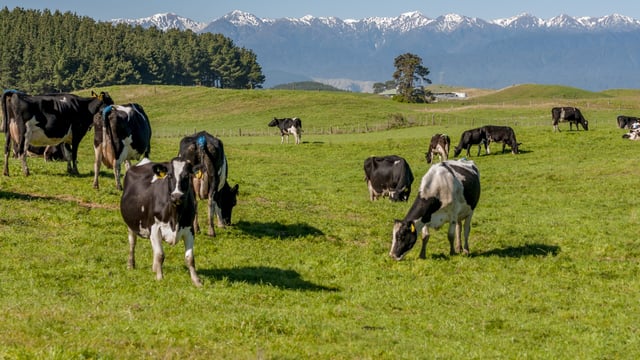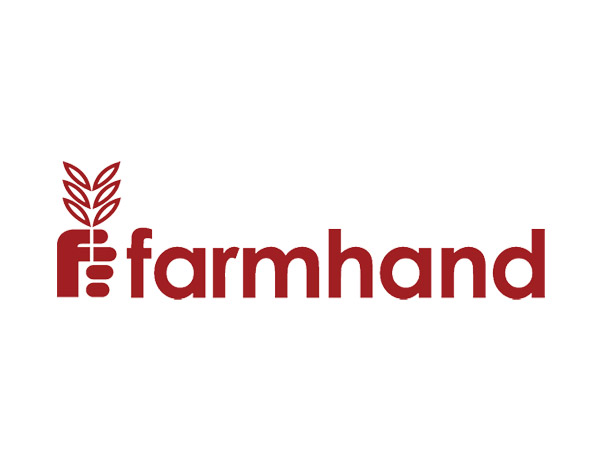EU to reduce or remove duties on some Ukrainian agri-food
The EU is to move to reduce or remove customs duties on several agri-food products from Ukraine.
The Council of the EU, also known as the council of ministers, has adopted a decision on what position the bloc should take in the Ukraine Association Committee, which governs the relationship between the EU and Ukraine.
The decision covers a reduction or elimination of customs duties for a variety of agri-food products, such as dairy products, fresh fruit and vegetables, meat and meat preparations.
This follows the preliminary agreement on the review of the EU-Ukraine 'Deep and Comprehensive Free Trade Area' (DCFTA) reached by the European Commission and Ukraine on June 30.
That agreement was made with the aim of establishing a long-term framework within the broader context of Ukraine potentially becoming an EU member state in the future.
The EU position agreed by the council will enhance trade flows between the EU and Ukraine, while ensuring that Ukraine’s market access will depend on its gradual alignment with EU standards on animal welfare, pesticides and veterinary medicines, a Council of the EU statement said.
The council said it will also take into account the specific needs of certain EU agricultural sectors by setting up "a robust safeguard mechanism that either party can activate in the event of market disruption".
It also ensures that market access for the most sensitive products, such as sugar, poultry, eggs, wheat, maize and honey, remains more limited and gradual, according to the statement.
Full liberalisation of trade will only be considered for certain products that are considered not sensitive such as milk and milk products.
Commenting on the council's decision, the Danish foreign Affairs minister (Denmark currently holds the rotating presidency of the council) Lars Lokke Rasmussen said: "Today’s decision reaffirms the EU’s unwavering and multifaceted support for Ukraine, after three years of Russia’s unprovoked and unjustified military aggression.
"We are helping Ukraine militarily and financially, but we need to also help them by promoting trade liberalisation.
"Both the EU and Ukraine will benefit from the elimination of customs duties, leading to sustained economic stability, enduring trade relations, and further Ukrainian integration with the union," he added.
Following adoption of the decision by the council, the EU-Ukraine Association Committee will now adopt the decision.
The aim of the review of the association process is to expedite and broaden the scope of customs duty elimination in trade between the EU and the eastern European country.
The association agreement between the EU and Ukraine was signed in 2014 and entered into force in September 2017.
Its objective is to promote deeper political ties and economic links between Ukraine and the EU.
The 'Deep and Comprehensive Free Trade Area' (DCFTA) covers the trade aspect of the Ukraine Association Agreement.





